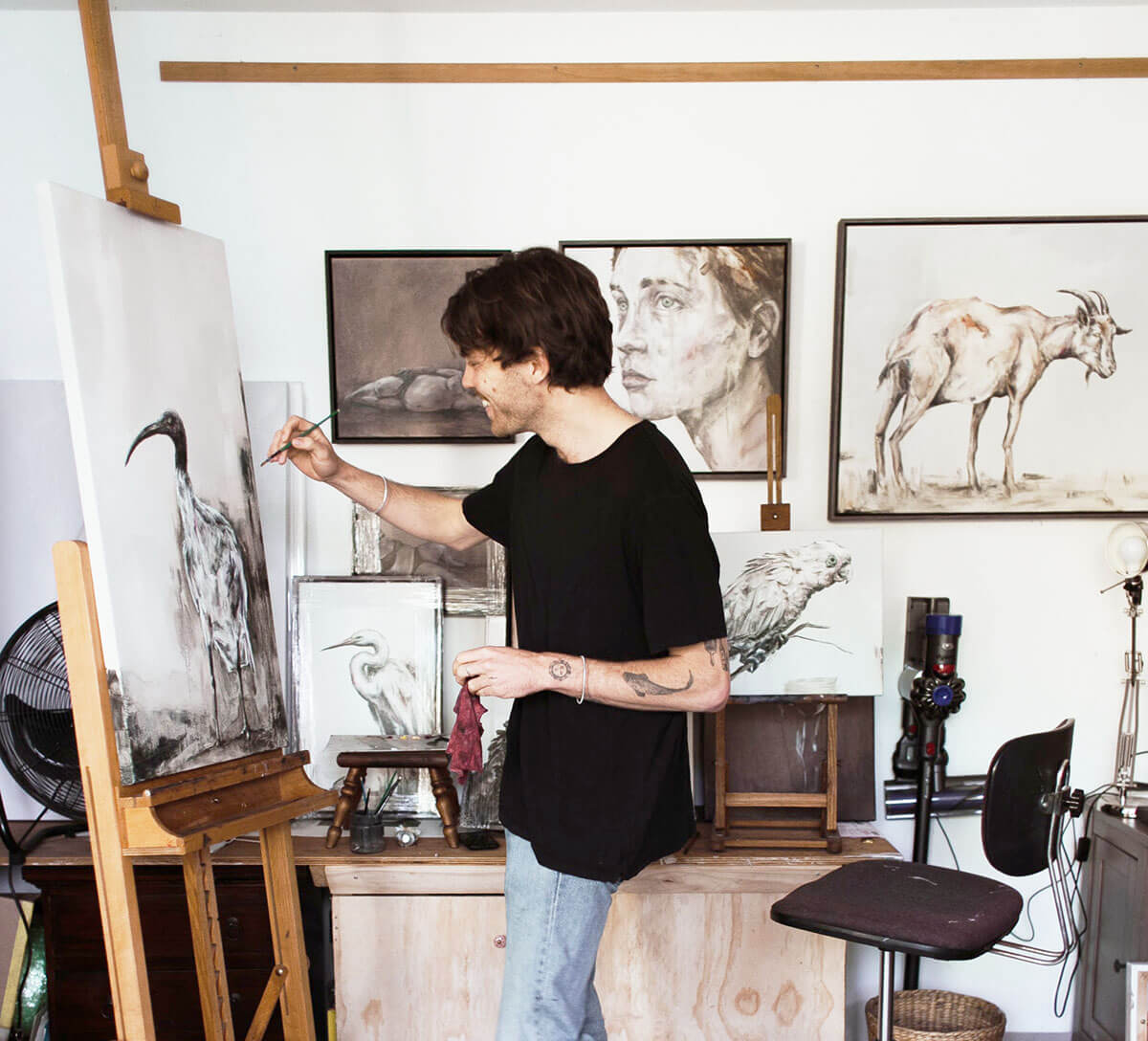A cyclist meanders along a sun-kissed
pathway towards the beach. In the background, there’s a turquoise sea and swaying palm
trees.
At first glance it looks like a standard
tourism marketing video, but, in fact, it’s one of the latest videos from the Club Med
Jobs TikTok account—which has amassed 34,000 followers. And the hospitality brand is
just one of many focusing on social media and influencers to recruit more
people.
The Club Med Jobs TikTok account often showcases the experiences
of its G.O.s (“gentil organisateurs,” or friendly organizers), as well as G.M.s
(“gentils employés,” or friendly employees). In this instance, the caption for the 15-second video reads: “A random Monday as a G.O.”
The
reason travel companies are adopting this format to extend their reach is
because the impact of COVID is still being felt, according to Arnaud Cabanis,
general manager of global business solutions for France & Benelux at
TikTok.
“The
world of hospitality and catering turned to us to quickly recruit young people
coming out of COVID, and that’s still a trend that we find very present on the
platform,” he said at the recent Food Hotel Tech Show in Paris.
Subscribe to our newsletter below
Cabanis
added one of Club Med’s latest campaigns is based around skiing and focuses on
FOMO (“fear of missing out”), which is a strategy more commonly associated
with destination marketing.
“Paradoxically,
they are recruiting all the people who will work for them this summer,” he
said.
While
a lot of progress has been made in restaffing since the troughs of the
pandemic, travel’s talent crisis still exists, according to Phocuswright’s 2024
report The Labor Shortage
Should Be Over, So Why Are We Still Worried? In the hotel sector, 79% of hoteliers are
experiencing a staff shortage, according to an American Hotel &
Lodging Association report.
Influencer appeal
Consumers
today are drawn to shorter, more authentic videos. As Vijay Anand, CEO and
co-founder of video content app Unravel—a PhocusWire
Hot 25 Travel Startup for 2024 that just raised $7 million in
funding, said:
“The way people discover travel has changed. They don’t sift through endless
search results—they get inspired by creators who are exploring the world and
sharing their experiences.”
That
logic is being applied to recruitment, and some brands partner with influencers
to target potential employees. Hotel group Accor, for example, last year
partnered with London-based duo Hand Luggage Only, who have more than
1 million followers on TikTok and nearly half a million on Instagram.
In one campaign, the influencers showcased the
behind-the-scenes work that goes on in a hotel by shadowing staff during their
day-to-day activities. They shared the content across Instagram and TikTok, with
select pieces amplified on Accor’s owned media.
The
first phase of the campaign, based on the influencers’ organic content,
resulted in 200,000 impressions on the influencers’ content on Instagram and
TikTok. The content resulted in a 4.4% engagement rate, compared to average
engagement rates of 2-3% for corporate content, according to Accor.
“We
focused particularly on reaching a younger, qualified demographic, building
awareness about the essential roles behind hotel operations, while also driving
traffic to our job listings,” said Fanny Laude, senior
vice president of talent experience and digitalization at Accor.
“We
did observe an increase in visits and applications on our careers platform
around the time of the campaign. However, we have to note that this influencer
campaign was part of a 360-degree plan around recruitment, including job fairs,
school partnerships and other visibility campaigns,” she added.
We focused particularly on reaching a younger, qualified demographic, building awareness about the essential roles behind hotel operations, while also driving traffic to our job listings.
Fanny Laude, Accor
In
the build-up to the 2024 Olympics, Accor
also collaborated with French influencer Tonton Karim to address increased staffing needs, focusing on attracting
candidates who might not have had prior hospitality experience.
Global recruiter PHRS
meanwhile showcases a range of successful candidate Instagram stories on its
homepage, through #PHRSexperiences.
‘Deeply visual’
Rita
Varga, CEO of recruitment consultancy RaizUp, said there is an evolution in how brands use social platforms to
engage talent.
“There’s
definitely traction when brands use short videos and ‘real’ glimpses into their
teams and work culture,” she said. “It’s especially effective with Gen Z and
younger millennials who expect transparency and are deeply visual consumers.”
LinkedIn encourages businesses to encourage
staff to create videos too.
“Employee advocacy is a powerful way to
expand your talent pool, engage skilled talent and improve your quality of
hire,” it advises in a recruiting blog post. John McCall, head of talent attraction at LinkedIn,
points out in the article that “talent knows talent.”
However,
not all jobs are as glamorous as a Club Med G.O. Most hotels are trying to fill
entry-level roles, such as receptionists or cleaners. One
specialist warns that the videos need to be clear, or there’s risk of a
“complete dichotomy” between the content of the advert, what is expected by the
recruiter’s client and the candidate’s profile.
“TikTok, like Instagram, can be complicated
because above all it’s about images,” said Alain Jacob, president of French
recruiting agency AJ Conseil Recrutement & RH.
There’s definitely traction when brands use short videos and ‘real’ glimpses into their teams and work culture.
Rita Varga, RaizUp
“It’s hard to illustrate a job offer, to
show all the details. It’s complicated technically because the platform isn’t
designed to post a two-page advert.” He added that his company uses Instagram,
but it’s mostly to share company news, rather than promote posts.
Long-term
thinking
While a brand may be able to harness social
media to attract talent, it needs to make sure it can retain talent too.
“Employer branding should not just attract
candidates but also help retain them, so what’s promised must be backed by
action,” Varga said. “At RaizUp, we’re seeing more brands think long-term:
building communities, engaging alumni and offering training or benefits
tailored to specific groups—such as flexible hours for working parents or
language support for migrant workers.”
She added that in the hospitality
technology sector, companies like Mews, Cloudbeds and Cendyn were investing in internal culture
and employer branding, often on more traditional channels to engage with
different generations.
“Cloudbeds’ CEO, for instance, actively
communicates company culture and reinforces a remote-first, globally inclusive
environment,” she said, but added that the talent gap is different, as these
brands can struggle to find the right people who understand both hospitality and digital product environments.
“From a recruiter’s viewpoint, I recommend
testing this kind of video content. But it’s important to ensure there’s a real
strategy and structure behind it,” Varga added.
“Candidates today are looking beyond the
job description—they want to know who they’ll be working with, what the company
stands for and whether the culture fits them.”
As Accor launches a new “employer advocacy
kit” for all its staff to support them when communicating about their
professional path and milestones on social media, the employee-as-storyteller
trend looks set to continue.







